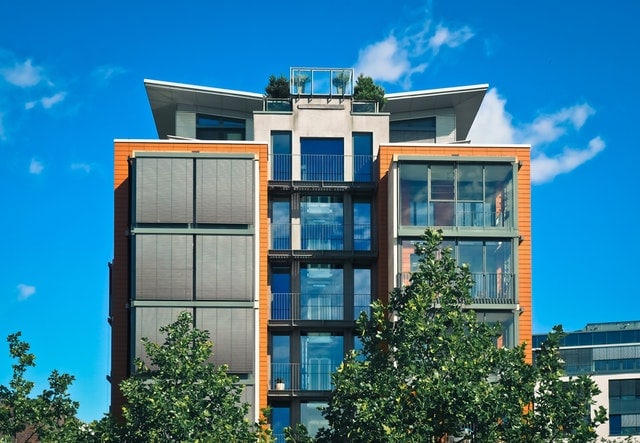Buying vs renting a property
Making the decision to buy or rent a property is never easy. There are pluses and minuses to both, as it can depend on your own personal and financial circumstances as to which is more preferable. For example, whilst the price of buying a home in England has risen in the past decade, so have rents across the county too. We explore the advantages of both buying and renting a property in the UK.
Advantages of buying a property
- You are able to have the freedom to do as you please if you have bought a property in terms of decorating the property, or if you choose to carry out a renovation project. If you buy a house, then you have the freedom to make home improvements that you wouldn’t be able to carry out if you were renting a flat or house. This also is the case when it comes to having a pet, with many landlords usually extremely hesitant for tenants to own a cat or dog, and if you have a pet without getting permission it can sometimes even lead to eviction (or at least a higher deposit to pay when moving in)
- It is an investment for the future, which isn’t the case when it comes to renting. Many people are put off renting due to this very fact, as it can be perceived as money going down the drain
- You can invest further in your own property, for example by considering home improvement loans, which can be used to increase the value of the property (find out more here)
- You have the potential to buy-to-let the property, meaning you can have an additional money earner through rental income coming in each month. If using the property as a buy-to-let investment property, it may be possible to acquire a second charge mortgage on the property
- The house may accumulate in value, meaning that you could end up making a fortune in years to come which could allow you to buy a bigger and better home, or to help you in your retirement years
It is important to keep in mind that you need to make sure that it is possible that you can afford to buy in the first place, as it isn’t just the deposit you will need to take into account when it comes to costs. There are a number of costs you need to consider such as:
- Stamp duty
- Legal fees when exchanging contracts
- Monthly bills – phone bills, electric, gas
- Removal car costs
- Maintenance if anything breaks down – such as boilers or a leaking roof
- Survey costs
- Interest rates on mortgage repayments
- Estate agency costs
Advantages of renting a property
- As you are signed up to a fixed contract when you rent a flat or a house, it means you are not permanently committed to staying in the property for a long period of time. This can be preferable if you are wanting to try out living in a certain area for only a short amount of time, or if you are considering moving to another city or country in the not too distant future, allowing you, therefore, to be flexible when it comes to your plans.
- Renting a property also gives you the option of being able to leave reasonably quickly, and you will not have to worry about being tied into a costly mortgage should you not want to remain in the house.
- Renting provides greater flexibility than if you had bought a property. If you want to take up a promotion, your living situation is no longer tenable, or you anticipate that soon you will have less money than you did before, you can look for somewhere cheaper to rent, which would be far less stressful to sort out then trying to get out of mortgage arrangements. You should be able to afford your rent, but you can always top this up with loans to rent, if you need help to see you through for a few months.
- Deciding to rent a property can give you the chance to live in a city you’ve always dreamed of, but couldn’t otherwise afford to live in if the only option was buying a house as its too expensive
- The upfront costs of renting a property are far less (though still considerable) than if you bought somewhere in the UK. Many people have to spend months, if not years trying to save for a deposit for buying (it usually equates to around 20% of the property’s market value, or 5% if on the Help to Buy scheme). Renting means you can decide to move into somewhere new at a far quicker rate.
